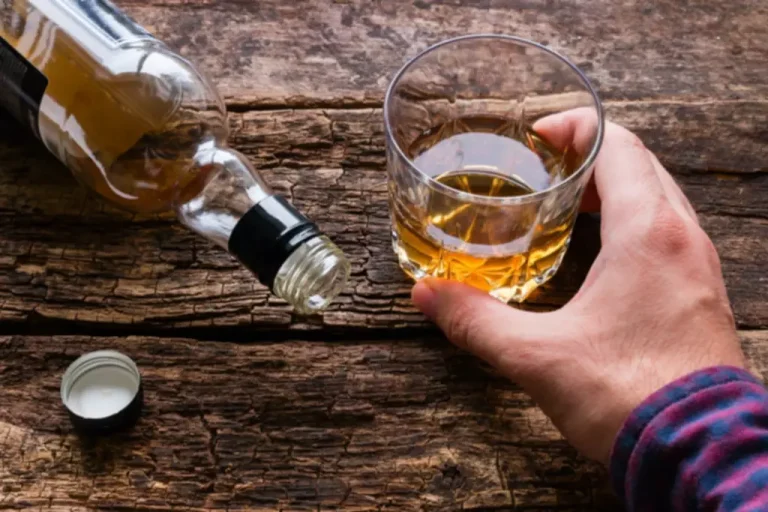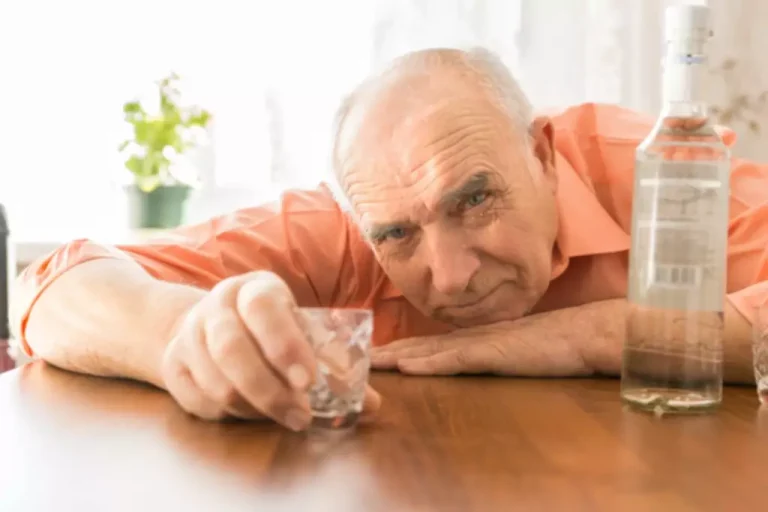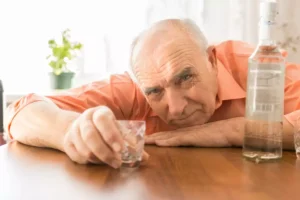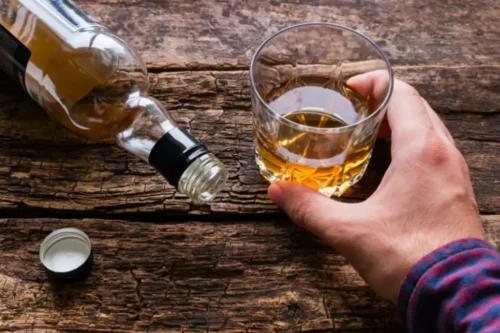
By practicing moderation, staying hydrated, and nourishing your body with healthy foods, you can significantly reduce the incidence and severity of hangover shakes. Remember, everyone’s body reacts differently to alcohol, so it’s essential to pay attention to your own limits and take steps to prioritize your well-being. If your shakes last longer than 24 hours, or if you’re concerned that they might be a sign of withdrawal, it’s best to talk with a healthcare professional as soon as possible.

Outpatient Programs
One good first step is to check in with yourself about your alcohol consumption. If you notice yourself drinking often, tremors from alcohol might be a sign that it’s time to cut back. This article will review alcohol shakes, their causes, treatment, the other signs of alcohol withdrawal, and when a person should contact a doctor.

What is Alcoholic Pancreatitis: Causes, Symptoms, and Treatment

Alcohol shakes are reduced when you flush the toxins out of your system. Staying hydrated also helps you feel better, sleep better, and feel full without consuming too many calories. Make sure you enjoy plenty of activities to help you avoid alcohol. BetterHelp can connect you to an addiction and mental health counselor. This is not an official medical diagnosis nor is it medical advice. If you have any questions or concerns, share your results with your doctor.
- You might notice tremors and shakes mostly in your hands or fingers.
- Once symptoms and side effects of alcohol-linked brain damage develop, they usually worsen if alcohol substance use continues.
- This can include developing healthy coping mechanisms, engaging in physical activity, pursuing hobbies and interests, and establishing a more supportive social network.
- Some companies use misleading advertising to claim that their products can prevent hangovers.
- Symptoms of ARBD and ARBI include minor changes in your ability to think or remember things.
How long does a hangover last?
- The main reasons for alcohol-induced shakes are the symptoms of withdrawal from alcohol and damage to the brain related to alcohol consumption.
- Drinking water or non-alcoholic beverages between alcoholic drinks can help replenish lost fluids.
- By replenishing electrolytes, you can help maintain proper muscle and nerve function, reducing the chances of experiencing severe shakes.
- One of the primary causes of hangover shakes is alcohol-induced dehydration.
- Alcohol shakes are reduced when you flush the toxins out of your system.
Alcohol withdrawal can be dangerous and potentially life-threatening shaky after drinking for those at risk of severe withdrawal. Recovery from alcohol dependence often involves making major lifestyle changes. This can include developing healthy coping mechanisms, engaging in physical activity, pursuing hobbies and interests, and establishing a more supportive social network.
The Impact of Family Support on Recovery

The liver metabolizes alcohol at a rate of approximately one drink per hour, and any remaining alcohol continues to circulate in the bloodstream. There is no way to speed up metabolism or shorten hangover recovery time. Cerebellar tremors result from damage to the brain area known as the cerebellum, and its connections to other brain areas. There are several reasons a person might experience tremors with a hangover.
- Recovery is a continuous process that requires ongoing support and dedication.
- They can provide guidance, support, and potentially recommend treatments or interventions to help manage your alcohol consumption.
- These are red flags for delirium tremens (DTs), and you don’t want to mess around with that.
- Alcohol is a diuretic, meaning it increases urine production and leads to fluid loss.
- The severity of the shakes may vary depending on the amount of alcohol consumed.
Several support groups provide help for people with drinking issues. These groups can support individuals during recovery from alcohol abuse. Not everyone who experiences post-drinking tremors will develop DT. However, untreated DT can be dangerous, so a person at risk for DT should see a doctor if they get hangover shakes. Alcohol is a depressant that changes the way the nervous system functions. When a person stops drinking alcohol, they may experience nervous system effects such as tremors.

